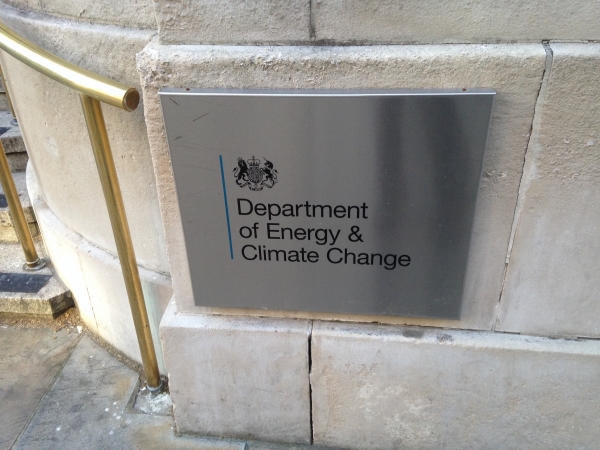New applications for the Renewable Heat Incentive (RHI) continued to lag in Q3 2015 as degressions to feed-in tariff rates affected demand.
The Department of Energy and Climate Change released its latest batch of quarterly RHI statistics this morning, providing an update on applications until 30 September 2015.
It revealed that there had now been almost 15,000 applications for non-domestic RHI support, but just 550 applications were received between 1 July and 30 September, 42% less than that received in Q2 and 64% down on Q1 2015.
DECC’s release said that it felt this was most likely down to continued degressions to the tariff available for small biomass boilers, which make up 86% of the total number of applications for non-domestic RHI.
And degressions to the tariff are also affecting the rate at which non-domestic RHI applications are made. The department noted that it had witnessed a spike in applications during September because of the drop in tariff to 6.43p/kWh, but with just 560 applications throughout the month it received far fewer than in the months preceding previous degressions in June and March.
DECC again noted that this was likely down to tariff reductions causing a decline in demand.
Earlier this month biomass firm Innasol warned of the impacts further degressions to the RHI would have on deployment, arguing that it was “disappointing” to see them rolled out considering the comparatively low prices of oil and gas which it said were serving as a barrier for the renewable heat market.





